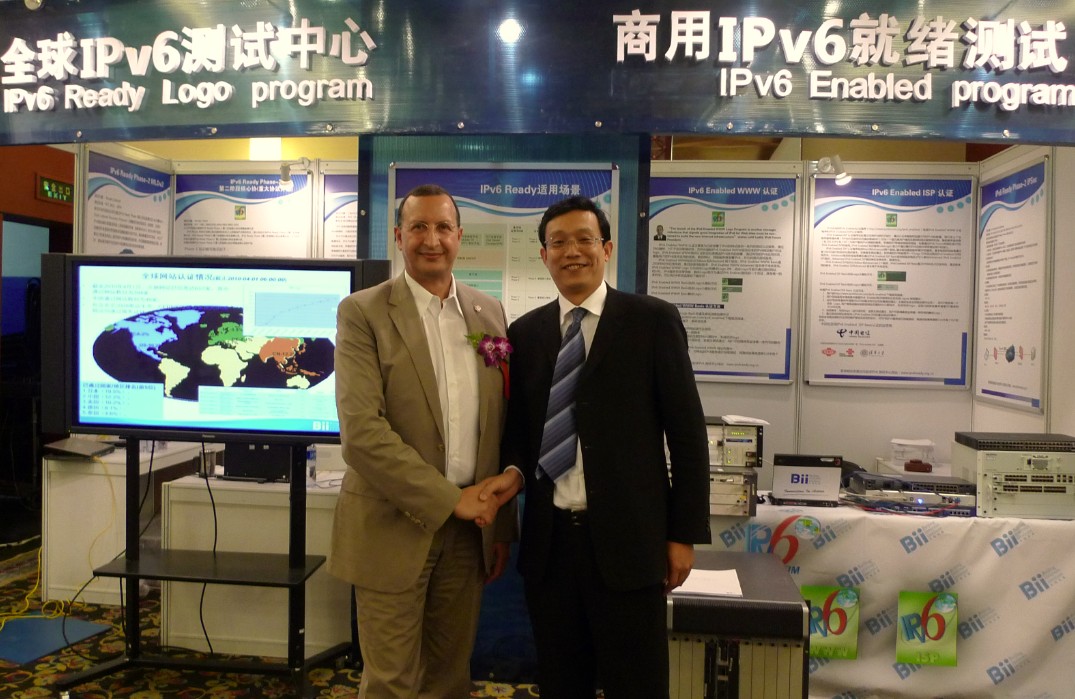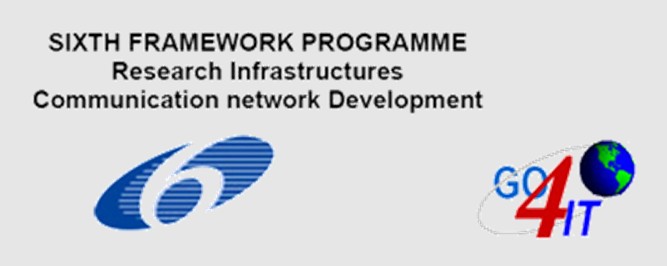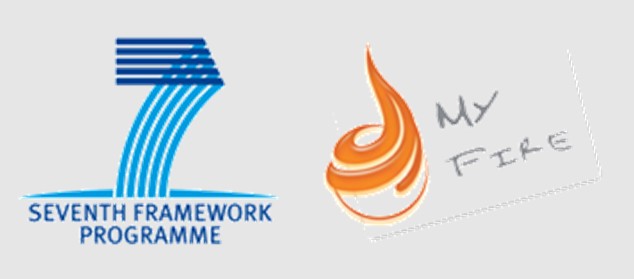To promote the industrialization of IPv6 Next Generation Internet in China and even around the world, BII Group has established overall cooperation, exchanged experience and accelerated the rapid and steady development of the industry with a number of world-famous organizations, enterprises and experts. At the meeting, Liu Dong, the CEO of BII, and Dr. Vinton Cerf, the Father of the Internet and Vice President of Google, exchanged ideas on such issues as the current development and challenge of IPv6 in the world as well as the testing and popularization of IPv6. In the future, BII will establish deeper partnership with Google and Dr. Vinton Cerf so as to jointly push forward the large-scale deployment of IPv6 Next Generation Internet.

Liu Dong, the CEO of BII, and Dr. Vinton Cerf, the Father of the Internet and
Vice President of Google
Standing Counsel Unit of Global IPv6 Forum and Chairman Unit of China Area of Global IPv6 Forum
BII is the Standing Counsel Unit of Global IPv6 Forum and the President Unit of China Area of Global IPv6 Forum. As one of the technology-mastering unites, it cooperated with others to propose the Global IPv6 Ready Logo Project and independently developed the IPv6 Enabled Logo Project. With its CEO Liu Dong serving as the Chairman of the IPv6 Enabled Logo Committee, BII has undertaken major projects about the certification development, maintenance and popularization of IPv6 Enable WWW, ISP, and EDUCATION Logo. BII has built a close partnership with Global IPv6 Forum. In the following picture, Latif LADIA, the Chairman of IPv6 Forum, stands on the left while Liu Dong, the CEO of BII, stands on the right.

Participate in the implementation of the Next Generation Internet Go4IT Project in the EU Scientific and Technological Framework Programme

From 2005 to 2008, BII and Beijing University of Posts and Telecommunications collaborated with European Telecommunications Standards Institute to participate in the special testing project of the Sixth Framework Programme and won the bidding for the “Enhance Confidence in the Future Information Technology Sixth Framework Programme FP6-Go4IT Project”.

As the only Next Generation Internet project participated by China in the Sixth Framework Programme, it aimed to adopt the latest automatic testing technology (TTCN-3 Technology) to establish the Next Generation Testing Platform. In the implementation of the project, BII took advantage of international cooperation to make major breakthroughs in the testing field and achieved international collaboration in the stage of technological development and industrial research. Moreover, it cooperated with globally advanced enterprises and research institutions, took the path of internationalization and thus created core technologies and products.
The Co4IT Project lasted from November 2005 to April 2008 and comprised eleven member units from Europe, China and Brazil. The aims of Go4IT Project are as follow:
• To promote demonstration-oriented conformance testing
• To use the TTCn-3 Technology to develop new-generation IPv6 testing suites
• To provide free testing services in certain area
• To provide free supporting services
• To commercial services about demonstration and consultation
• To establish and develop a low-cost, open, universal environment for testing solutions
Participate in the implementation of the MyFIRE Project in the Seventh Framework Programme

The MyFIRE Project is a future Internet research project under the support of the Seventh Framework Programme. Its primary goal is to establish a multi-angle cooperation and discussion mechanism about future Internet technology, social economics and environmental protection among future Internet research institutions around the world. On the basis of combing research experience and user-oriented innovation, it explores and makes global consensus on and global common route map and basic methodology of future Internet and provides relevant tools.

With the goal of achieving the best practice of the future Internet, the MyFIRE Project seeks the guiding principle for appropriately using the experiment facilities related to the future Internet. The principle will balance the labor of researchers and the expectation of investors in the later stage of the research on the future Internet and add the research on social economics into the scientific research on the future Internet in the initial stage. In terms of technology, the project will draw experience from the existing effective tests, develop rational experimental methodology and achieve standardization under the EU framework. With regard to inter-field cooperation, it will establish extensive cooperation with experts and groups of all fields around the world, including the ICT network research institutions, sociologists, policymakers and the experts on economic models and standards.
To fulfill all these objectives, the MyFIRE Project will cover several major tasks:
Research on main objectives and methodologies of the future Internet testbed:
Investigation into the scientific research demands and user demands in the construction of the experiment environment
Standardization of experiment
Research on the utilization of the research achievements of the future Internet
Analysis of the economic data of testbed
Summarize testing methods from European and international testbeds of the future Internet, guide the enhancement of the design, establishment and usage of experiment facilities and standards, and finally form the best practical model of the future Internet;
Develop relevant tools and route maps, enhance the efficiency of testing methods, and increase the utilization rate of FIRE projects.
Extensively share research achievements, establish relevant networks and organize a series of popularization activities in Europe and the BRICs (Brazil, Russia, India and China).
| Copy Right Owner of the Webpage: BII GROUP | 京ICP备09059086号-5 |
